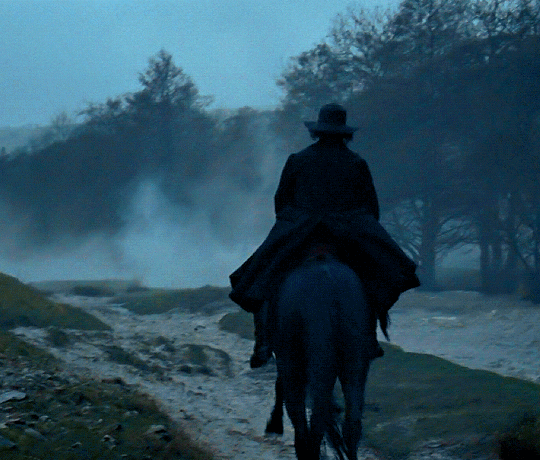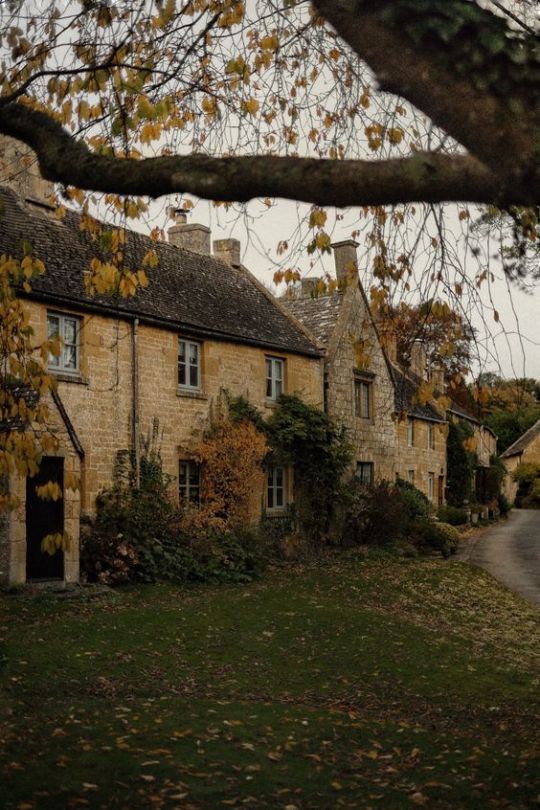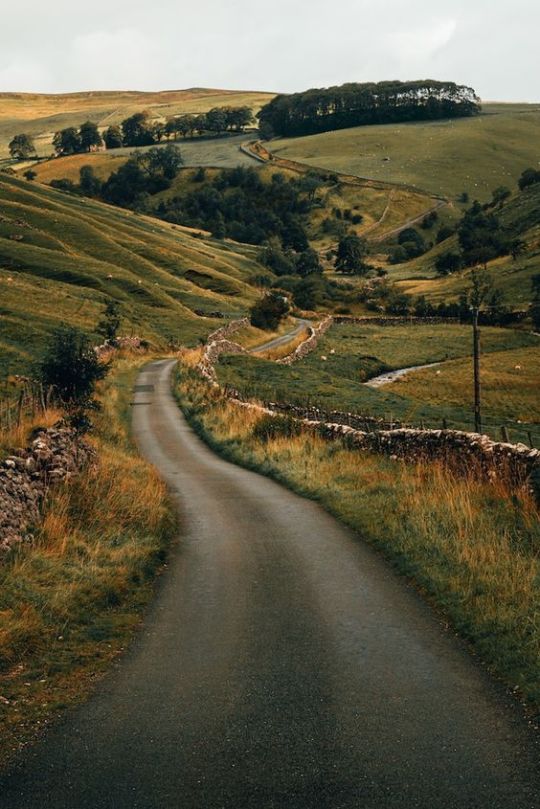#charlotte brontë
Explore tagged Tumblr posts
Text
you are good to those who are good to you. It is all I ever desire to be. If people were always kind and obedient to those who are cruel and unjust, the wicked people would have it all their own way; they would never feel afraid, and so they would never alter, but would grow worse and worse. When we are struck at without a reason, we should strike back again very hard; I am sure we should—so hard as to teach the person who struck us never to do it again.
Charlotte Brontë, Jane Eyre
#charlotte brontë#quotes#texts#jane eyre#we should strike back again very hard#exactly for the reason she explained#victorian#the victorian era#1800s#eighteen hundreds#19th century stuff#favs#nineteenth century#vintage#victorian era#risorgimento era#19thcentury stuff#risorgimento
206 notes
·
View notes
Text








JANE EYRE (2011)
I'm the same plain kind of bird as all the rest, with my common tale of woe.
#jane eyre#jane eyre 2011#janeeyreedit#bronteedit#edward rochester#mia wasikowska#michael fassbender#charlotte brontë#perioddramaedit#minee#gifshistorical#adaptationsdaily#weloveperioddrama#smallscreensource#tvarchive#filmtvtoday#tvedit#dailytvfilmgifs#televisiongifs#tvfilmsource#filmtvdaily#nostalgiatvdaily#filmtvcentral#userrobin#singinprincess#underbetelgeuse#tuserju#tuserhol#jane will have none of rochester's “you're not like other girls”
1K notes
·
View notes
Text
Mr. Rochester when Jane leaves the party he specifically organized to make her jealous

814 notes
·
View notes
Text

Mia Wasikowska in Jane Eyre (2011)
505 notes
·
View notes
Text

343 notes
·
View notes
Text
jane eyre really said “i want that insane, pathetic, sobbing old man CARNALLY” and that’s why she’s our girl!
2K notes
·
View notes
Text

Charlotte Brontë, Jane Eyre
299 notes
·
View notes
Quote
I loved him very much - more than I could trust myself to say - more than words had power to express.
Charlotte Brontë
#Charlotte Brontë#motivation#quotes#poetry#literature#relationship quotes#writing#original#words#love#relationship#thoughts#lit#prose#spilled ink#inspiring quotes#life quotes#quoteoftheday#love quotes#poem#aesthetic
212 notes
·
View notes
Text
i post for the girls who are poor, obscure, plain, and little
#jane eyre#charlotte brontë#charlotte bronte#brontë sisters#brontë#classic lit#classic lit memes#classic literature#english lit#english literature#eyreposting
1K notes
·
View notes
Text
Jane and Rochester are my favourite couple hands down but funny enough one of my favourite scenes in the book is their breakup. Not only is it filled with such raw emotions and passion but Charlotte Brontë fed us so much poetic symbolism on their wedding night!!!
1. Rochester bridal carries Jane down the stairs when she felt faint. What stereotypically happens on a wedding night? A groom bridal carries his bride to the bedroom to consummate the marriage. Ironic how it’s reversed… they are descending the stairs and leaving the bedroom.
2. Rochester seating Jane in his chair. His chair symbolizes authority and power. Jane sits in his chair because symbolically she now holds the power and authority over what happens to their relationship. Having Rochester place Jane in his chair foreshadows his realization at the end of the scene that he is in fact powerless, and there is nothing he can do to make Jane stay unless it’s of her own free will. His fate lies within her choice.
3. Again, Charlotte plays with the theme of traditional marriage ceremonies and gives Jane & Rochester reverse wedding vows. Typically in the marriage ceremony there is a vow made followed by an “I do”. Charlotte cleverly uses this but makes it a vow of separation between Jane and Rochester. He pleads to Jane if she really means to go and Jane replies “I do”, then Rochester repeatedly asks if she means it after kissing her to which Jane responds “I do” each time.
4. Rochester’s “I could bend her with my finger and thumb” speech. This whole monologue is full of symbolism as Rochester reasons with himself if physical violence would be his last resort in making Jane stay. Nothing he has said could convince her to yield. He knows he is powerless, though there is one place he still knows he holds more power… in his physical strength. He verbalizes in pretty graphic symbolism what would happen if this option would get him what he wants (Jane) but it won’t do. Even if he got to Jane’s body he wouldn’t have her soul (and that’s really what he wants). He realizes the ONLY way he can have Jane is if her will decides it and this is the moment he finally lets her go.
#I just love this scene so much#this is peak literature#jane eyre#jane x rochester#edward fairfax rochester#charlotte brontë#mr rochester
535 notes
·
View notes
Text

Charlotte Brontë, from Jane Eyre
4K notes
·
View notes
Text








@pscentral event 31: faceless ↳ JANE EYRE (2006)
I knew you'd do me good, the first time I met you. I knew I wouldn't mind being in your debt.
#jane eyre#jane eyre 2006#janeeyreedit#bronteedit#edward rochester#ruth wilson#toby stephens#charlotte brontë#perioddramaedit#minee#gifshistorical#adaptationsdaily#weloveperioddrama#smallscreensource#tvarchive#filmtvtoday#tvedit#dailytvfilmgifs#televisiongifs#tvfilmsource#filmtvdaily#nostalgiatvdaily#filmtvcentral#bbcedit#userrobin#singinprincess#useraish#tuserhol#still under this adaptation's spell#begging the bbc to release a remastered version of the complete fucking episodes
954 notes
·
View notes
Text
[Note: Dworkin’s analysis of Wuthering Heights is astonishing. Below is her first paragraph. I suggest reading the novel as well as Dworkin’s analysis in its entirety.]
"Stronger than a man, simpler than a child, her nature stood alone," wrote Charlotte Brontë of her deceased sister, Emily. Wuthering Heights, her one novel, published under a male pseudonym before her death at thirty, also stands alone. There is nothing like it—no novel of such astonishing originality and power and passion written by anyone, let alone by a nineteenth-century woman who was essentially a recluse. Nothing can explain it: a worldly, obsessed novel of cruelty and love that surpasses, for instance, the best of D. H. Lawrence in both sensuality and range; an act of passion as well as a work of intellectually rigorous art; a romantic, emotionally haunting, physically graphic rendering of sadism as well as an analytical dissection of it; a lyric and at the same time tragic celebration of both love and violence. "It is moorish, and wild, and knotty as a root of heath," wrote Charlotte, who admitted to being somewhat repelled by the book. "Nor was it natural that it should be otherwise; the author being herself a native and nursling of the moors." So was Charlotte, but she wrote Jane Eyre, a novel of civilized pain and outspoken dignity. Both women had a deep understanding of male dominance, which does suggest that, for women, the family is Blake's famous grain of sand. Emily did take the family as a paradigm for society, especially for the creation of sadism in men. She showed how sadism is created in men through physical and psychological abuse and humiliation by other men; and she wrote about femininity as a betrayal of honor and human wholeness. She was indifferent to sex-roles per se, the surface behaviors of men and women. Instead, she exposed the underbelly of dominance: where power and powerlessness intersect; how social hierarchies emphasize difference, fetishizing it, and repudiate sameness; how men learn hate as an ethic; how women learn to vanquish personal integrity. She anticipated contemporary sexual politics by more than a century; and, frankly, I don't think there is a contemporary novelist, man or woman, who has dared to know and say so much. There is nothing to explain her prescience or her prophecy or, for that matter, her radical political acumen; except to say that Emily Brontë seemed to share with her monster creation, Heathcliff, a will that would neither bend nor break. He used his will to create pain for those he hated. She used hers, no less ruthlessly one suspects, to live in a self-determined solitude, to write, and, finally, to die. Shortly after her brother, Branwell, dissolute and self-obsessed, suddenly died, Emily got consumption, and wasted away with what seemed a premeditated fierceness and determination. On the day of her death, she got up and dressed and groomed herself and sat on a sofa and sewed. She said a doctor could be called and soon she died. Branwell had died in September 1848; Emily died in December. "She sank rapidly," wrote Charlotte. "She made haste to leave us. Yet, while physically she perished, mentally she grew stronger than we had yet known her. . . . I have seen nothing like it; but, indeed, I have never seen her parallel in anything."
-Andrea Dworkin, Letters From a War Zone
212 notes
·
View notes
Text


The human heart has hidden treasures, In secret kept, in silence sealed; The thoughts, the hopes, the dreams, the pleasures, Whose charms were broken if revealed.”
— Evening Solace.
#aesthetic#moodboard#edit#dark academia#aes#classic literature#english literature#Evening Solace#Charlotte Brontë#poem#poetry#light acadmeia#dark cottagecore#cottagecore
2K notes
·
View notes
Text
when mr. rochester dressed in drag as an old fortune teller and elaborately pranked an entire party partly to get jane’s attention… when mr. rochester wrote, composed, and performed an entire song for jane eyre on the spot… when mr. rochester took in his former sugar baby’s bastard child despite her presence being a painful reminder to him of her mother, and then claimed not to love the child despite spoiling her with gifts… when mr. rochester sacrificed his life trying to save his wife even though she tried to kill him multiple times and he still refused to put her in ferndean manor because he didn’t think it was good enough for her (making it meaningful that he ends up living there himself when he’s disabled, showing he prized himself less than her)… when mr. rochester took jane out for an extravagant all-day shopping trip and was way more enthusiastic about it than her… when mr. rochester shared a god-given telepathic connection with jane which induced them to reunite… when mr. rochester decided to wear the pearl necklace he originally bought for jane for forever… when mr. rochester made up a story for little adèle about jane being an elf magically sent to him from the moon… when mr. rochester pulled jane onto his horse… when mr. rochester…
#jane eyre#mr. rochester#he has a million problems but he’s also kind of great#so overdramatic#charlotte brontë
1K notes
·
View notes
Text
Thinking again about Jane Eyre, and how her main drive in life is to love and be loved, and how Helen Burns' place in the narrative is that of a caring angel. She isn't written as affectionate or warm, and yet she's so important to Jane! Because in the moment of the test -when the giving and receiving of love that she has craved so much for is within reach, if only she compromises- there is an acknowledgement that Helen was right: you cannot do anything for love and the love of creature will sometimes demand what you shouldn't give. And Jane perceives that giving in and becoming Rochester's mistress will destroy her individuality, and once her individuality is gone, so will her love with Rochester. It's a sort of paradox where the only way to save it is to cast it away! And she does!
I have argued before that the ending of Jane Eyre can only be well understood in the context of the text as a pean to the power of mercy and forgiveness to create happiness, and I stand by it, but there's also this element of purification and fulfillment, of course: Jane has given up her love so that it isn't lost, and in the end she gets it back multiplied: she'll be a wife and not a mistress; instead of a bitter, conflicted, impenitent man, she'll have a humbled, matured grateful husband; she'll have children, and cousins she'll love as siblings, a whole family of her own to love and be loved in.
224 notes
·
View notes